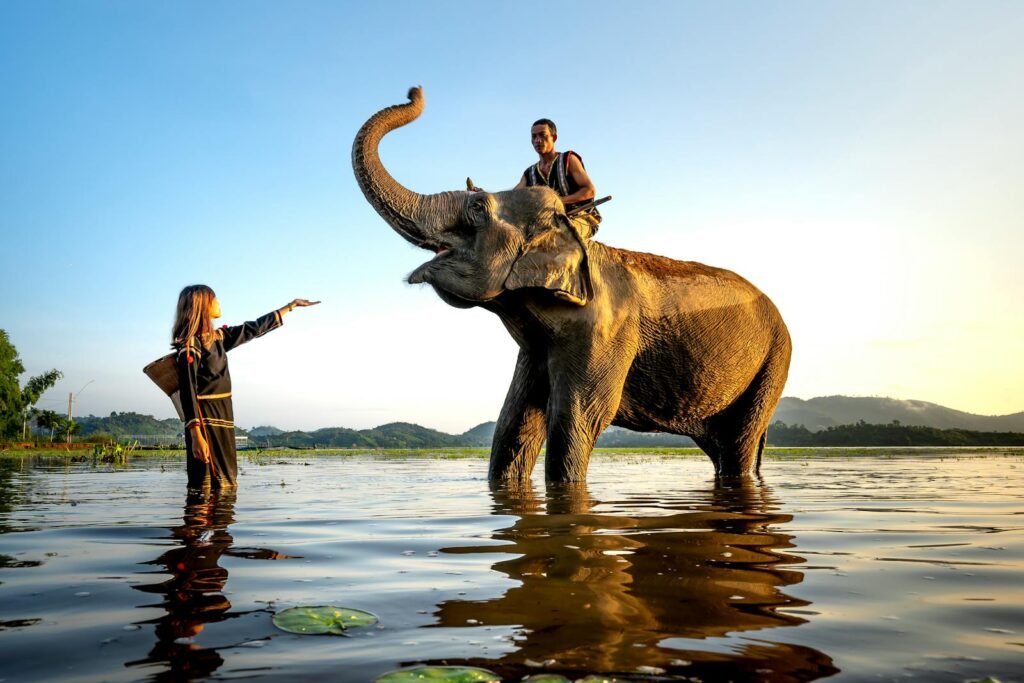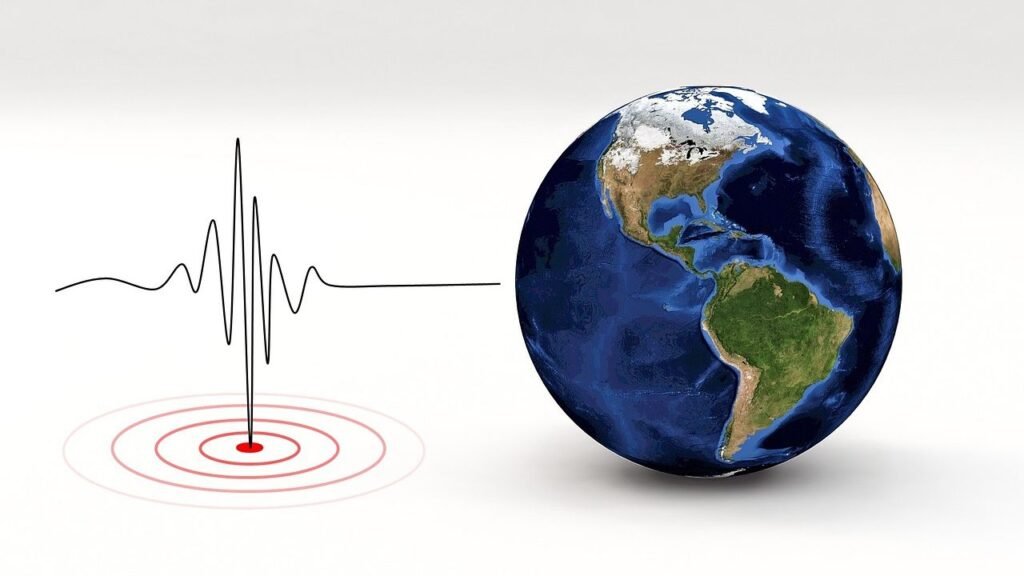Throughout history, humans have had a special bond with animals. From ancient myths and legends to modern pet companionship, the connection humans have with the animal kingdom is undeniably profound. But have you ever wondered why we are drawn to certain animals more than others? Whether it’s the majestic allure of big cats, the playful antics of dogs, or the serene beauty of horses, our favorite creatures often reveal much about our psychology and cultural background. In this article, we’ll delve into the fascinating reasons behind why we love specific animals, exploring the psychological and social factors that influence our preferences.
The Role of Anthropomorphism
One significant factor that influences our fondness for certain animals is anthropomorphism, the tendency to attribute human traits, emotions, and intentions to animals. This psychological phenomenon allows us to see animals as more relatable and boosts our affection for them. For instance, we might love dogs because they exhibit loyalty and companionship, characteristics we value in our human relationships. Similarly, animals like dolphins and chimpanzees, which exhibit intelligence and sociability, are often adored because they remind us of our own social nature.
Aesthetic Appeal

The aesthetic appeal of animals also plays a crucial role in why we love them. Animals with certain physical characteristics, such as big eyes, soft fur, or expressive faces, tend to be more appealing to humans. This preference can be traced back to an evolutionary perspective; for example, animals that resemble human infants, with their large, round eyes and small noses, elicit a nurturing response, encouraging us to care for them. This concept, known as ‘neoteny,’ explains why we are drawn to species like pandas, kittens, and puppies, which all possess juvenile features.
Emotional Resonance and Symbolism

Many animals hold symbolic meanings that resonate with human emotions and ideals. Culturally and historically, animals have been used as symbols to represent various attributes such as courage, wisdom, or freedom. The eagle, for example, symbolizes freedom and power, often admired for its majestic flight and keen vision. Tigers are symbols of strength and bravery in several cultures, appealing to individuals who value these traits. This emotional resonance further deepens our love for specific animals, as they come to represent values or characteristics we aspire to possess or admire.
Cultural Influences

Our preferences for certain animals can also be heavily influenced by cultural factors. Different cultures have varying attitudes and relationships with animals based on tradition, mythology, and societal values. In Japan, for example, foxes are regarded as mystical creatures with magical abilities, which could explain their popularity in various forms of Japanese art and media. Similarly, in India, cows are considered sacred and revered due to their association with Hindu deities. These cultural connections can strongly influence an individual’s preference for particular animals.
Personal Experiences and Memories

Personal experiences and memories often shape our fondness for specific animals. Positive interactions with animals during childhood can leave lasting impressions that evolve into lifelong love for those species. For instance, someone who grew up with a family dog might continue to favor dogs throughout their life. Similarly, encounters with wildlife during significant life moments can create a deep-seated appreciation for those creatures, linking them to cherished memories or transformative experiences.
Biophilia: An Innate Affinity for Nature

The concept of biophilia, introduced by biologist E.O. Wilson, suggests that humans have an innate affinity for nature and living organisms. This biophilic tendency implies that a natural connection to animals is hardwired into our biology, encouraging us to seek interactions with the natural world. This connection could explain why being around animals often results in positive emotional responses, such as reduced stress and increased happiness. Our love for certain animals may be an extension of our fundamental need to connect with life around us.
Conclusion

The love we have for certain animals is a complex interplay of psychological, cultural, and personal factors. From the human-like traits we see in them to the symbolic meanings they carry, various influences shape our animal preferences. Understanding these factors offers valuable insights into our own nature, revealing how cultural backgrounds, personal experiences, and intrinsic human tendencies contribute to the unique bond we share with the animal kingdom. Ultimately, our fondness for certain creatures highlights a deeper, innate connection to the world around us, encouraging us to cherish and protect the diverse animal life that enriches our planet.




